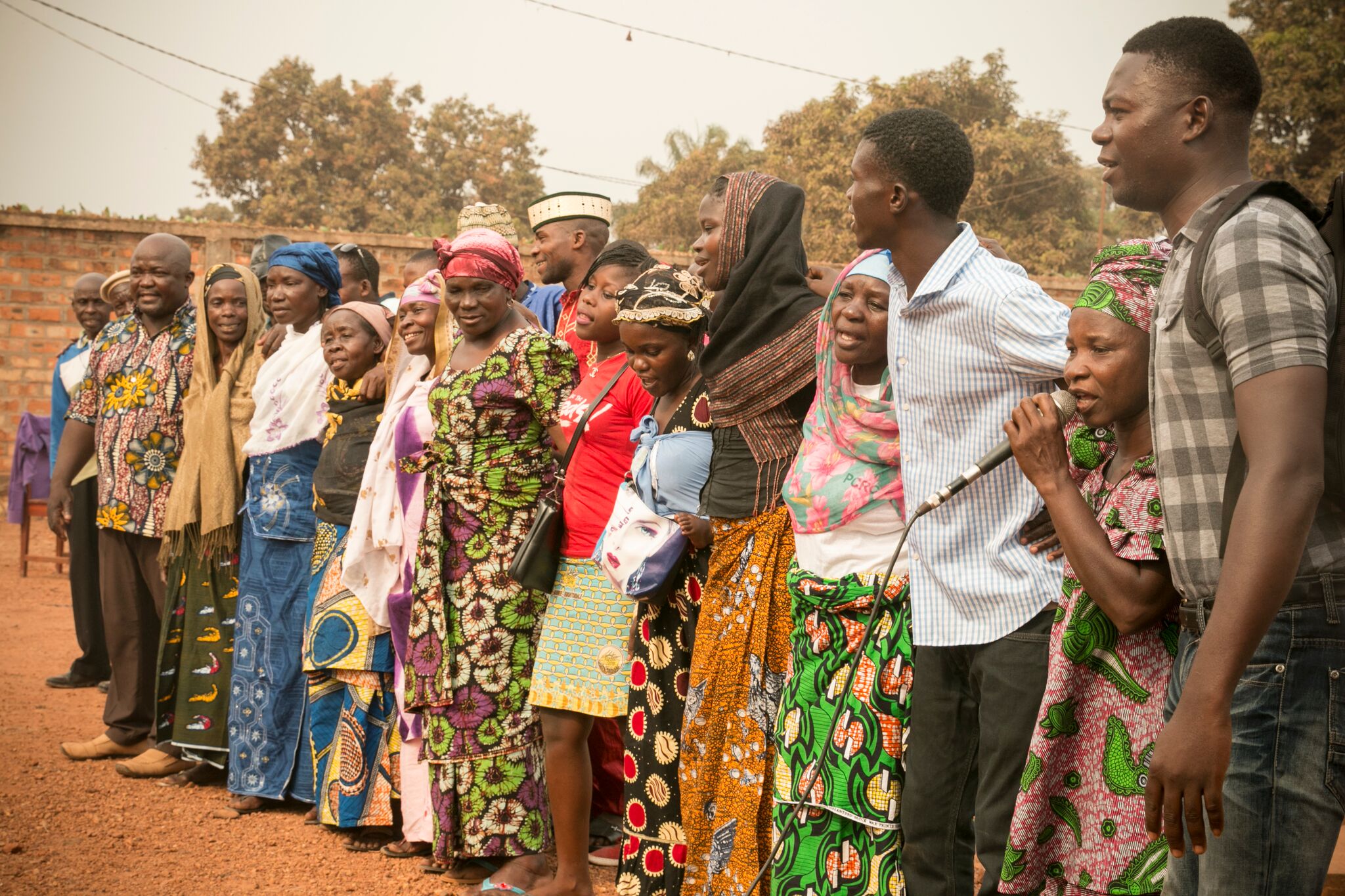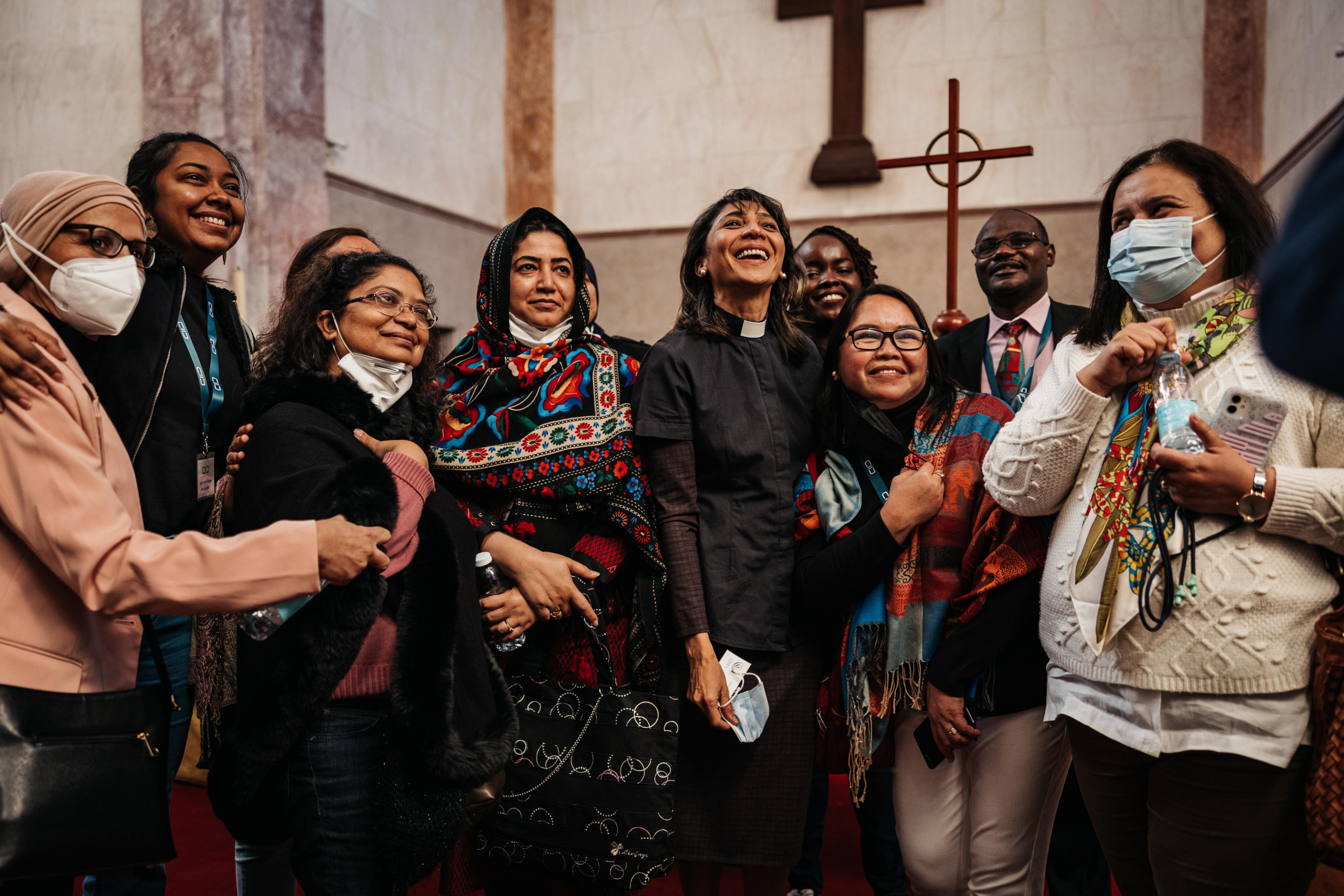Dialogue Voices
The Dialogue Voices are personal accounts of interreligious commitment and experience. They show approaches to, and forms of, interreligious dialogue, and its impact and context on a local, national, or global level. They represent a cross-section of dialogue experiences and its impact worldwide.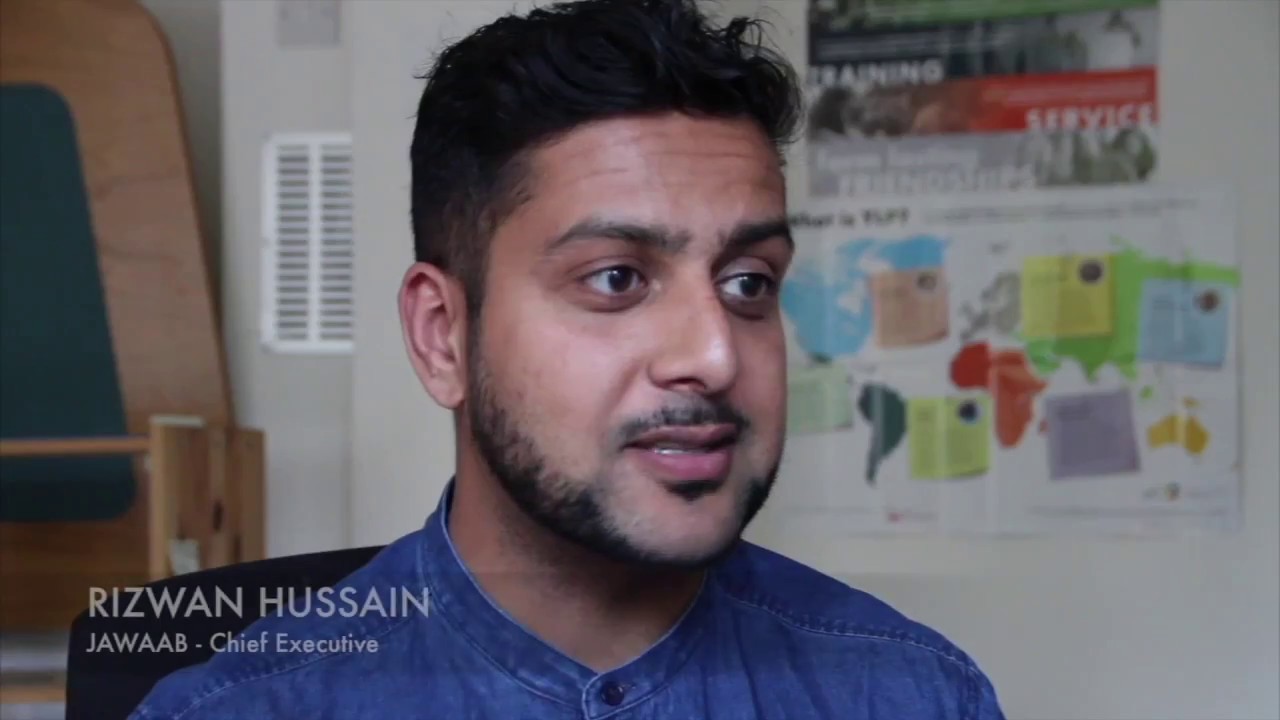
Strong social actions in the United Kingdom
Rizwan Hussein speaks about his approach, and definition of interfaith dialogue and the impact interfaith dialogue has had on his own faith.
Rizwan Hussein likes to constantly meet people, learn about them and discover common ground. For Rizwan strong social action on the ground is something that moves him rather than discussing theology. Rizwan believes that learning about other faiths has been an integral part of strengthening his own faith.
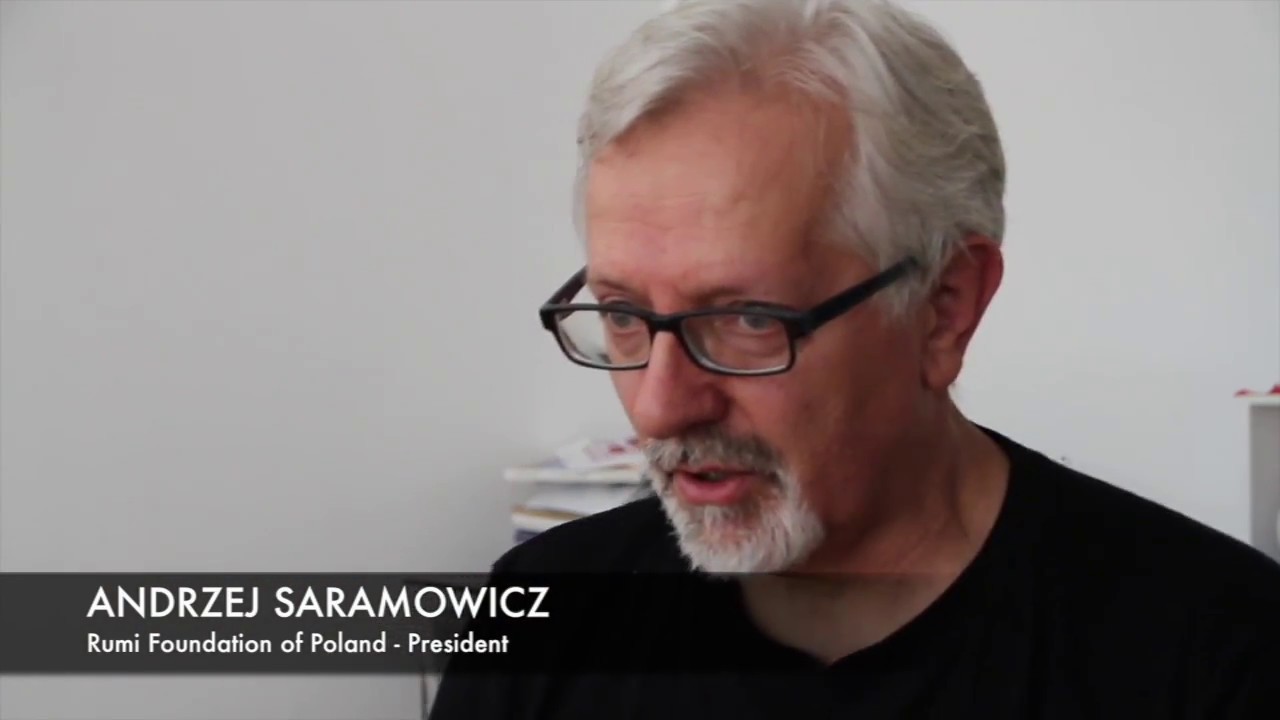
To see one another as human being, Poland
Andrzej Saramowicz speaks about internal changes that are necessary for changing the world.
Andrzej Saramowicz believes that true change has to take place individually, and that one must first change himself before changing the society. People should change themselves by changing their hearts. Andrzej Saramowicz believes that the purpose of interfaith dialogue is to see one another as human beings.
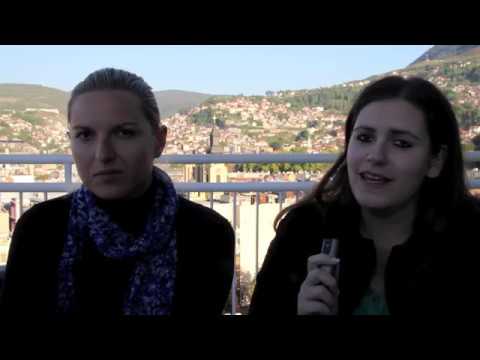
Learning to live together in Bosnia and Herzegovina
Nadezda Mojsilovic and Lejla Hansandedic discuss different projects carried out by the All Together, Youth Movement and their focus as an organization.
Nadezda Mojsilovic and Lejla Hansandedic talk about one of their first projects that involved helping children without parents or some kind of parental care. They have both worked with a lot of young people, hosting seminars, trainings, and conferences for people with different faith backgrounds. Their approach to interfaith dialogue is learning to live together and reconciliation. Reconciliation, peacebuilding and respect are the primary focuses of their work.
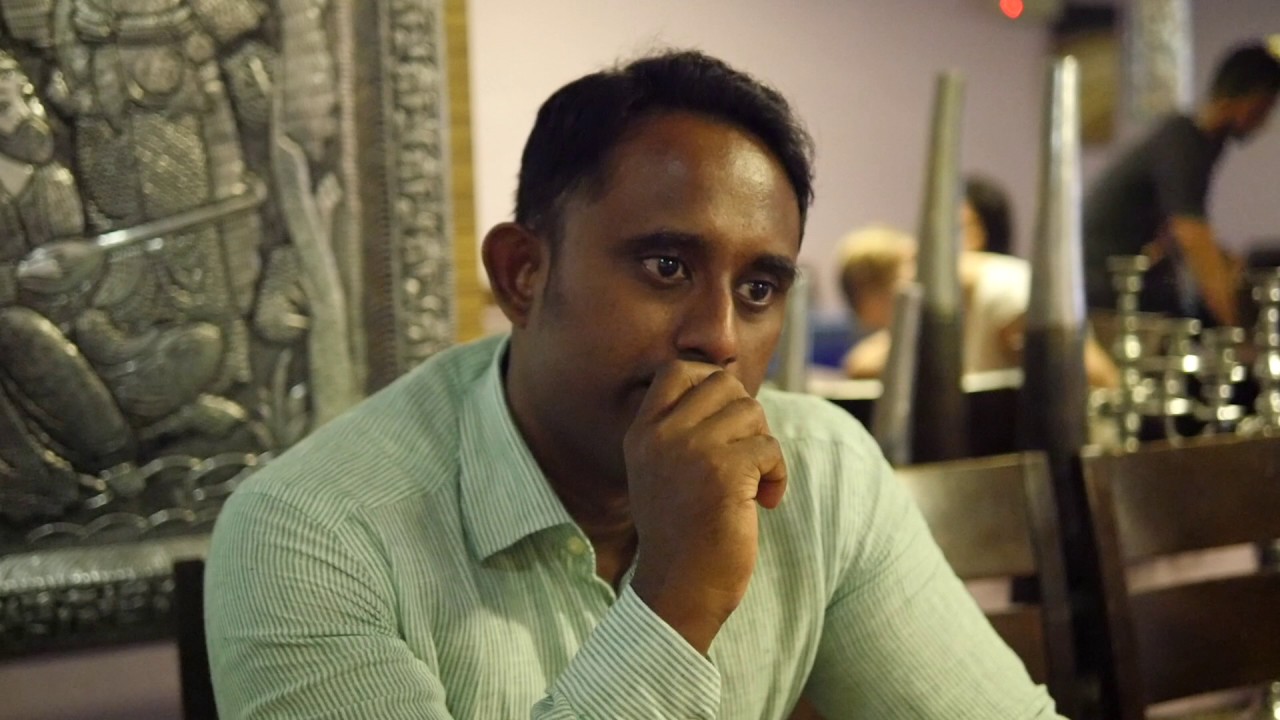
Using interfaith activities to assist with social problems in Singapore
Mohamed Nawab Osman talks about why interfaith dialogue is important in Singapore.
Mohamed Nawab Osman speaks about the growing amount of atheists and agnostics in society. He thinks that in order to better understand and coexist, both sides must attempt to understand each other. He believes that the biggest challenge he has will be to reach out to people who do not believe in interfaith. He also thinks that interfaith can be used to assist with social problems such as drug abuse and inequality.
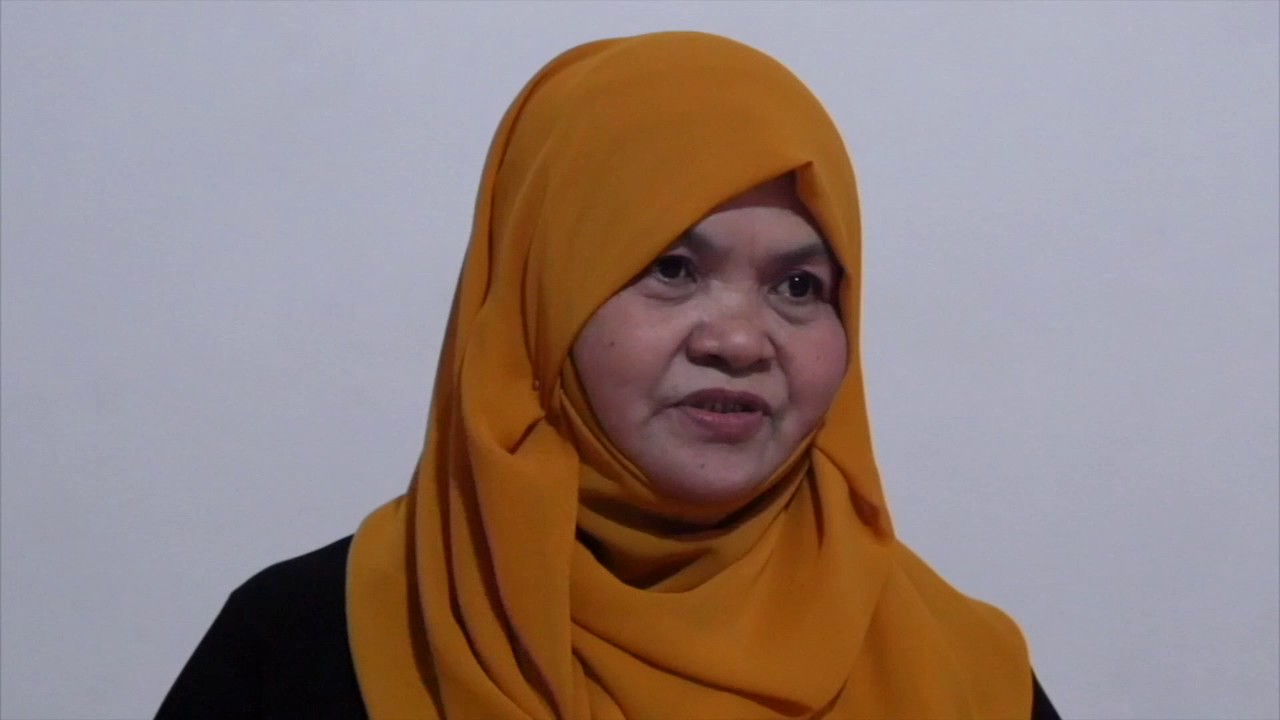
Journey into the world of interfaith dialogue in the Philippines
Potre Diampuan speaks about how she started her journey into the world of interfaith dialogue as well as moments of solidarity and how interfaith interactions evolved for her over time.
Potre Diampuan is a Muslim who grew up in a Christian neighbourhood. Growing up in such an environment is what got her started in the world of interfaith. She recalls an experience of solidarity from the 1970s when she assisted in protecting a gas station owned by Christian neighbours during a period in which martial law was declared. She also fondly speaks about Priests from her community who throughout the years have become like close members of her family.
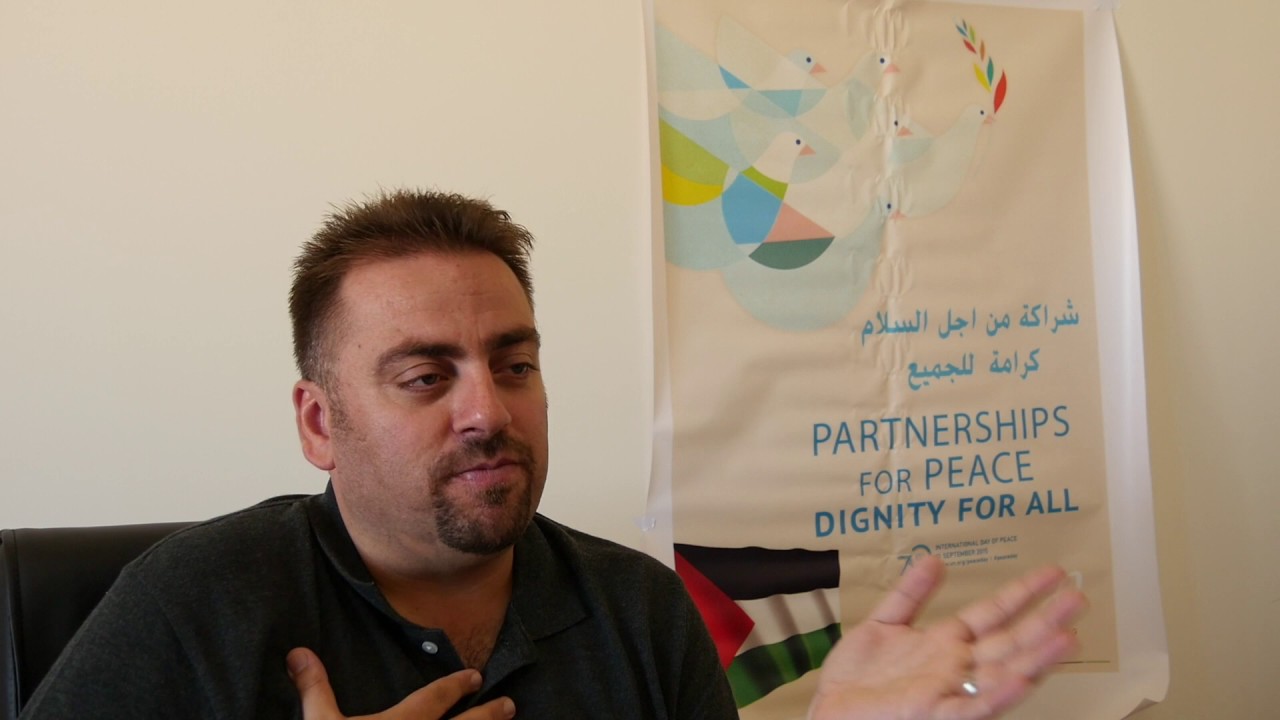
Interactions of different interfaith communities in Palestine
Tarek Tamimi speaks about a peculiar experience he had due to a lack of interfaith dialogue. He also talks about how different faith communities interact on a daily basis.
Tarek Tamimi is a Muslim Palestinian who studied in Greece with a fellow Palestinian student who was a Christian. Tarek recounts that his Palestinian Christian friend was treated differently by the rest of the students because of his name. Most students thought Tarek was the Christian, even though he is a Muslim. Tarek also speaks about Christian and Muslim communities and religious leaders cooperating in Bethlehem, especially during Ramadan for the Iftar dinner.
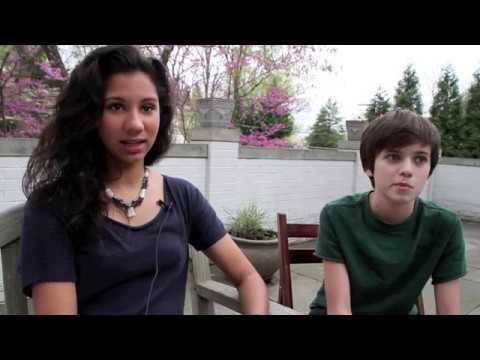
Groups of teens and preteens in Washington DC
Saanya Ali explains the origins of Capital Area Interfaith Friends and what motivates her as a young person to be involved in interfaith dialogue.
Capital Area Interfaith Friends is a youth group for teens and pre-teens located in Washington DC, USA. The group started out with seven people from Christian, Jewish and Muslim backgrounds who would get together during different religious holidays and have discussions. While it is focused on teens, it is also about connecting with people of different faiths over the things that unite them.

